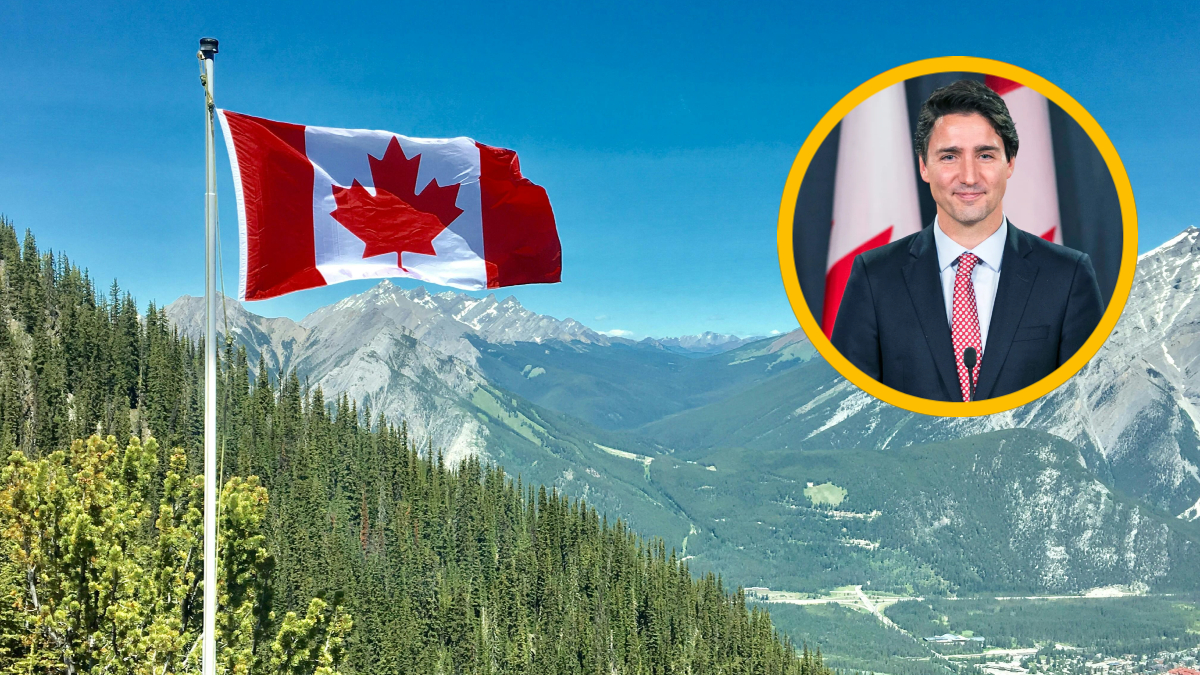Canada has announced significant cuts to its immigration targets in an effort to “pause population growth,” marking a major policy shift for Prime Minister Justin Trudeau’s government. The reduction will lower the number of permanent residents admitted in 2025 from the previous target of 500,000 to 395,000—a 21% decrease. Trudeau explained, “We didn’t get the balance quite right” when increasing immigration post-pandemic to address labor shortages.
The new targets aim to ease pressure on public services, particularly housing and healthcare, with further reductions planned. Immigration Minister Marc Miller announced a target of 365,000 new permanent residents by 2027. Trudeau said, “Canadians are justifiably proud” of the country’s immigration system, which has bolstered the economy and built diverse communities, but added that the current cuts will give provinces time to address the strain on social services.
Public opinion on immigration has shifted, with a recent poll showing that 58% of Canadians now feel immigration levels are too high. This is a sharp contrast to previous years when immigration was seen as beneficial for the country. Critics, including advocacy groups like the Migrant Rights Network, argue that migrants are being unfairly blamed for Canada’s housing crisis and lack of public services. “Migrants are not responsible for Canada’s housing crisis, lack of jobs, or inadequate healthcare or other public services,” the group stated, blaming the crisis on “decades of federal and provincial policies.”
While immigration contributed to 97% of Canada’s population growth last year, the government is now taking steps to reduce the pace of that growth to allow time for infrastructure and services to catch up.






